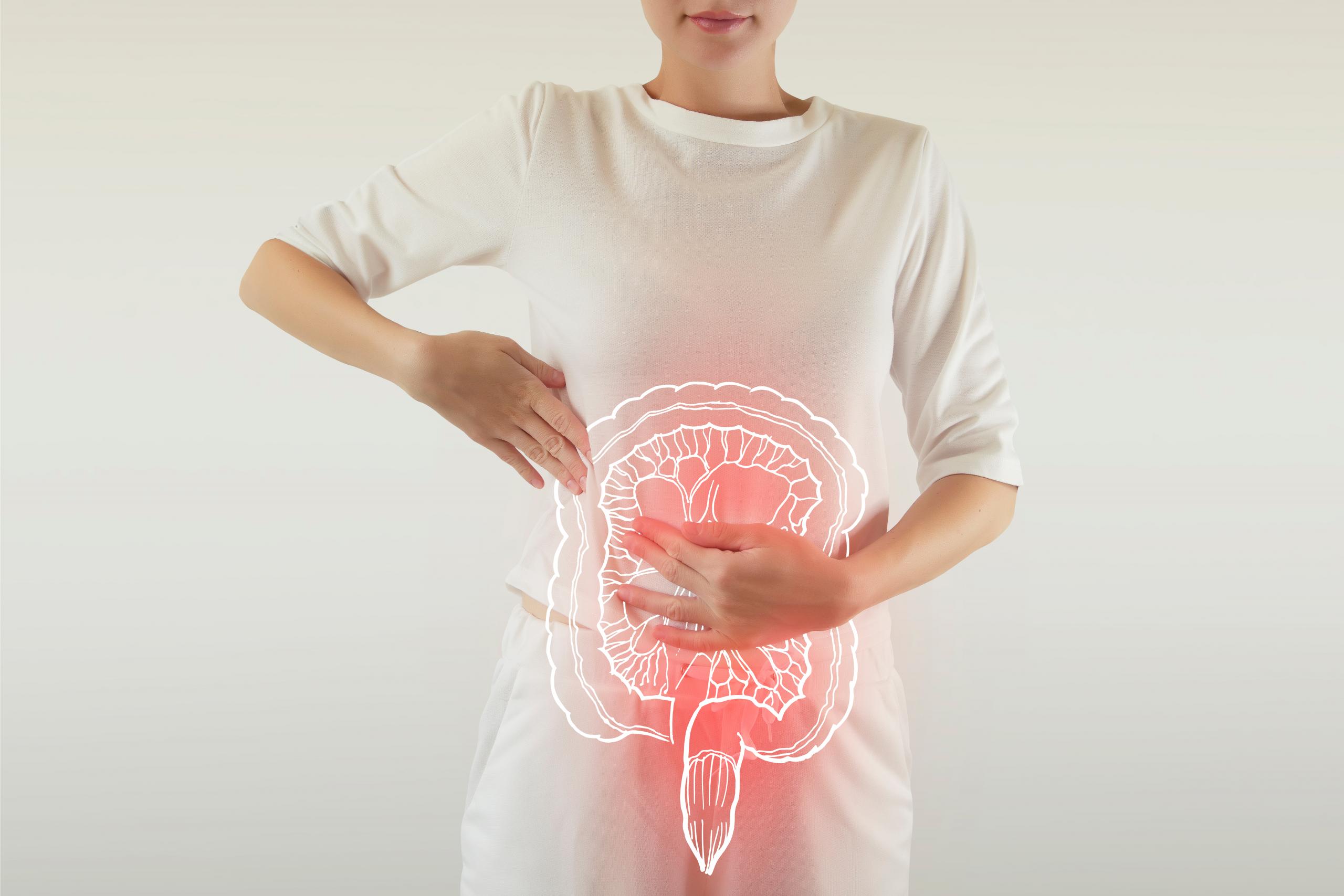Your body’s immune system is supposed to keep you healthy, to protect you from illnesses, viruses, and so much more. But unfortunately, the immune system doesn’t always fight off sickness like it’s supposed to. In fact, your immune system can actually make mistakes and cause serious, long-term health problems.
That’s exactly how ulcerative colitis starts. While doctors aren’t sure what, exactly, causes ulcerative colitis (UC), it’s tied to the immune system. UC occurs when the immune system attacks the lining of your colon, causing painful ulcers and inflammation.
And ulcerative colitis can be a difficult condition to live with. Its very first signs can seem like nothing more than stomach issues or digestive problems. But leaving it untreated and unmanaged can cause worsening health issues.
That’s why it’s so important to recognize – or try to catch – UC in its early stages. And to do that, you’ll need to be on the lookout for early signs and symptoms of the condition.
The Warning Signs of Ulcerative Colitis
Ulcerative colitis can begin at any time, at any age. And surprisingly, its symptoms might not immediately seem like a serious health condition.
In its earliest stage, UC can present certain warning signs – or early symptoms – that appear in plenty of other conditions. These can appear to be mild symptoms that come and go. Common early signs of UC include:
- Stomach cramping and pain.
- Loose bowel movements.
- Persistent diarrhea, which often comes with stomach pain and blood.
- An urgent need to go to the bathroom.
- Bloody stool.
Anyone can develop ulcerative colitis. But there are some people who may be more at risk for the condition. Risk factors include being between the ages of 15 and 30 or older than age 60 and having a family history of UC. If you have these factors in play, you may have a higher chance of developing ulcerative colitis.
Symptoms of Ulcerative Colitis
Ulcerative colitis symptoms often come and go, which can make it difficult to detect. You might experience periods of the symptoms mentioned above, but then have months where those same symptoms disappear.
So, the first symptoms you experience may not seem serious or long-term. However, symptoms can vary widely and change over time. UC is an unpredictable condition, and this can make it difficult to diagnose and detect.
However, you’ll likely experience the symptoms mentioned above and symptoms that go beyond your digestive and bowel health. You can experience a wide range of symptoms, including the following:
- A loss of appetite.
- Unexplained weight loss.
- Feeling fatigued or lacking energy.
- Nausea.
- Fever.
- Anemia, or a low red blood cell count.
Additional symptoms can also appear that seem completely unrelated to UC. These can include dehydration, canker sores, sores on different areas of the body, and even eye pain. If you’re noticing changes to your health, it’s important to speak with your doctor to find the cause.
Treating and Living With Ulcerative Colitis
If you think you’re experiencing the symptoms or warning signs of ulcerative colitis, you’ll want to schedule an appointment with your doctor. Your doctor will be able to discuss your symptoms, perform tests to rule out other conditions, and confirm whether or not UC is your diagnosis.
When you are diagnosed with UC, you’ll have to deal with the condition throughout your life. There is no known cure for UC, which means it can’t be treated and go away over time. Instead, you’ll work with your doctor to manage your ulcerative colitis, keeping symptoms and flare-ups under control.
This means that treating and living with ulcerative colitis often takes a few different approaches. Your doctor may recommend one type of treatment, or a combination of a few different treatments, depending on your specific case of UC.
Commonly, ulcerative colitis is treated with the following options:
- Medication, which works to suppress inflammation and control flare-ups.
- Combination therapy, which combines different treatment options to tackle UC with multiple approaches. It often includes options like biologics and immunomodulators.
- Changes to diet and nutrition, which can help reduce symptoms, promote healing, and ensure you’re getting the right nutrients.
- Surgery, which is often used when other treatments aren’t successful. Surgery can include the removal of the colon or the colon and rectum.
You can learn more about which treatment options are right for your health by speaking with your doctor. The goal with UC is to enter remission, which can stop symptoms and pain for periods of time. It may also be possible to lengthen the time between flare-ups, or reduce the frequency of those flare-ups, with treatment that works for you.
Pay Attention to Potential Ulcerative Colitis Symptoms
Living with ulcerative colitis can be challenging. The key to managing this condition is getting treatment to lessen symptoms or decrease flare-ups. And the only way to achieve this is to watch for potential symptoms and get an official diagnosis.
If you’re worried about the possibility of UC, you can consider the risk factors and assess your risk level. You can also keep a close eye on your health. If you notice any of the warning signs or symptoms of UC, make sure to note them and talk with your doctor.
It’s also important to stay informed. The more you know about ulcerative colitis, the better you’ll be able to notice changes when they happen.
